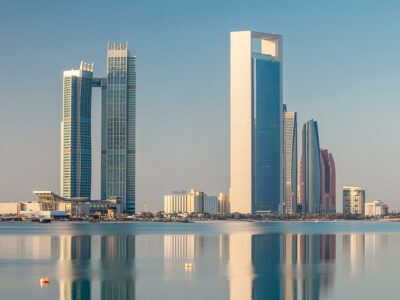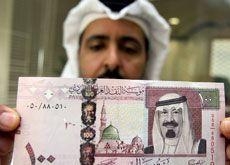Despite Saudi Arabia’s current account surplus dropping by 80 percent from its all-time-high in 2008, the Kingdom recorded a better-than-expected surplus of $26.5bn, according to a new research note published by a local investment bank.
Riyadh-based Jadwa Investment said that the fall in oil revenues had hurt Saudi Arabia’s 2009 surplus, while non-oil exports had also slumped due to lower demand for petrochemicals, plastics and metals – which amount to 53 percent of non-oil exports.
That data ensured that the Kingdom’s trade surplus dipped to $107bn last year, half that recorded in 2008 and the lowest figure since 2004.
In terms of imports, base metals slumped by 40 percent due to lower international prices, while machinery imports dropped by only twelve percent. Jadwa put the latter statistic down to the ongoing industrial development in the kingdom.
Another important trend that Jadwa noticed from recently published data is a pattern of lower payments to foreign service providers, possibly pointing towards greater self-reliance.
“Payments for imported construction and financial services were $4.5 billon last year compared to $8.8 billion in 2007,” the research note stated.
“In addition, receipts for use by foreigners of insurance, financial and communications services originating from within the Kingdom rose to $1.5 billion from $0.2 billion over the same period.”
In addition, Jadwa said that income from foreign investment had held up better than expected, and that expat remittances had surged again.
On the stock market side, the bank said that if the poor performance of the Tadawul index so far in May continued, share price performance this month would be the worst since February 2009.
Global markets are being battered by concerns over sovereign debt and economic growth in the eurozone.








